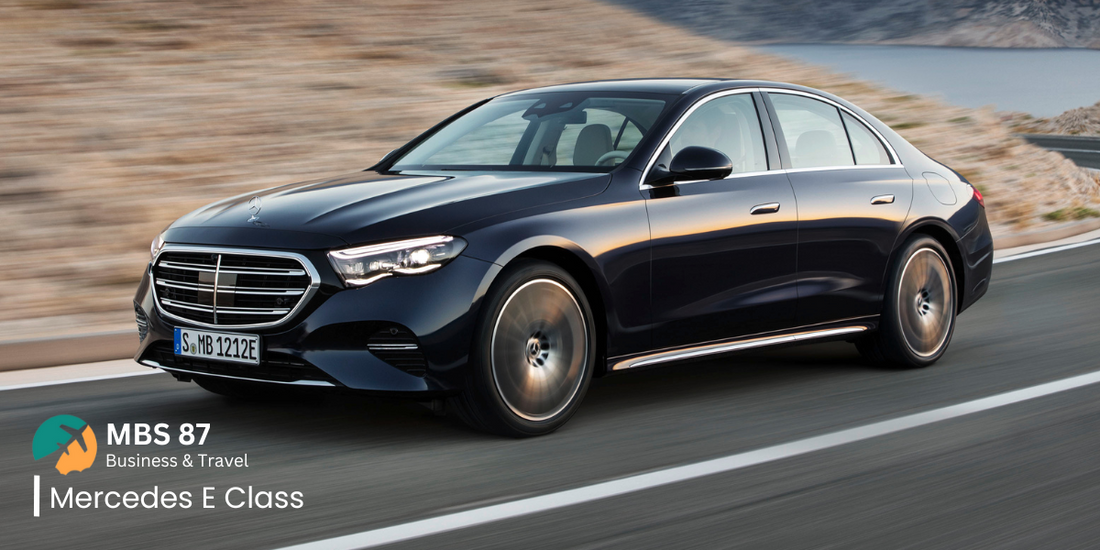
Is it the best choice if we hire a car in France?
Share
Hire a car in France is one of the best ways if you want to see all the beauty of Provence (or a tour guide with a car).France is a big country and has a great public transport system that joins city to city but to really experience authentic France a hire car is often the best, and sometimes the only way to go. Take for example Provence, all those lavender and sunflower fields and exquisite hill top towns – there’s not much public transport there outside the big towns, so
Why hire a car in France?

While romantic Paris with her famed Eiffel Tower and the French Riviera are mostly sought out by tourists, there are many other gems all over the country. France has a good interrail system and offers many tours to neighboring areas from the bigger cities. However, renting a car is the best way to go off the beaten path and explore France at your own pace.
Hire a car in France or mini bus hire France
Generally hire cars in France are of European make and you can choose from automatic or manual. Automatic cars are usually more expensive but if you’re not used to hilly roads like in the south of France and you want to avoid ‘hill-start hell’ it might be a good idea to get an auto.
American visitors are always a bit surprised to find that European cars are smaller on the whole – there’s a reason for this though, roads in France are often quite narrow and winding, small is sometimes better! If you have a lot of luggage to transport, make sure you take that into consideration when considering the model.
What do you need to hire a car in France?

When you hire a car in France, you’ll need the following documents on hand.
- Your driver’s license from your home country
- Your ID (passport)
- Credit Card in your name
- International Driver’s Permit (recommended)
The legal driving age in France is 18 years old. In order to be able to rent a car, however, most rental car companies in France require you to be at least 21 years old. Some might also ask you if you’ve had your license for at least one year. All drivers must present a valid driver’s license, an ID as proof of their identity, and a credit card to make the payment.
Most car rentals in France charge an extra fee if you’re under 25 years old. It is not required by law to have an International Driver’s Permit if you’re a non-EU citizen driving in France. However, if you plan on driving into other countries in Europe, it might be a good idea to arrange one.
Is it easy to drive in France?
Before you rent a car in France, it’s important to know some of the road rules and customs of the country. The French road network is overall in good condition. There are four types of roads that you can come across.
-
Motorways
First, there are the autoroutes, all roads starting with an A, which are motorways typically with tolls (péages). The speed limit for these roads is 130 km/h, and 110 km/h when it rains. France is one of the few countries that has different speed limits for different weather conditions. It is important that you’re aware of this when driving in France.
-
Routes nationales
On dual carriageways, the routes nationales (N or RN), the speed limit is 110 km/h and 100 km/h during wet weather. These roads typically don’t have any tolls. On the routes départementales (D), which are single carriageways outside urban areas, you’re allowed to drive 80 km/h and 70 when it rains. When you’re driving in an urban area, called routes communales (C or V), the speed limit is no more than 50 km/h.
-
Speeding in France
You often won’t see a speed sign when entering an urban area, especially at the entrance to smaller villages. The name sign to the village or town, however, automatically indicates that there’s a speed limit of 50 km/h. It’s good to know that speed cameras are often set up on all types of roads. So always be mindful of how fast you’re driving, even in rural areas.
-
Traffic in France
It is not uncommon to experience traffic jams in larger cities such as Paris, Marseille, or Bordeaux. It is, therefore, not recommended to drive there during rush hours. Paris also has a low emission zone, meaning that cars registered before 1997 are not allowed to enter it on working days between 8:00 AM and 8:00 PM. To enter some other urban areas, cars required to have a clean air sticker (Crit’Air vignette).
In conclusion, choosing to hire a car in France is a decision that can greatly enhance your travel experience in this beautiful and diverse country. France's rich cultural heritage, stunning landscapes. And charming towns and villages are best explored at your own pace. And having the flexibility of a rental car allows you to do just that.
>> See more: The Best Cities in France You Should Go Now
- Secure the best prices for high-quality car rentals across Europe! For exceptional value and service, please visit us at https://mbs87.com/pages/get-in-touch
- Stay updated with valuable travel tips and insights by following us at this link:https://mbs87.com or our scocial page: https://www.facebook.com/MBS87BusrentalserviceEurope
- Your journey to discovering Europe in comfort and style begins with just one click
